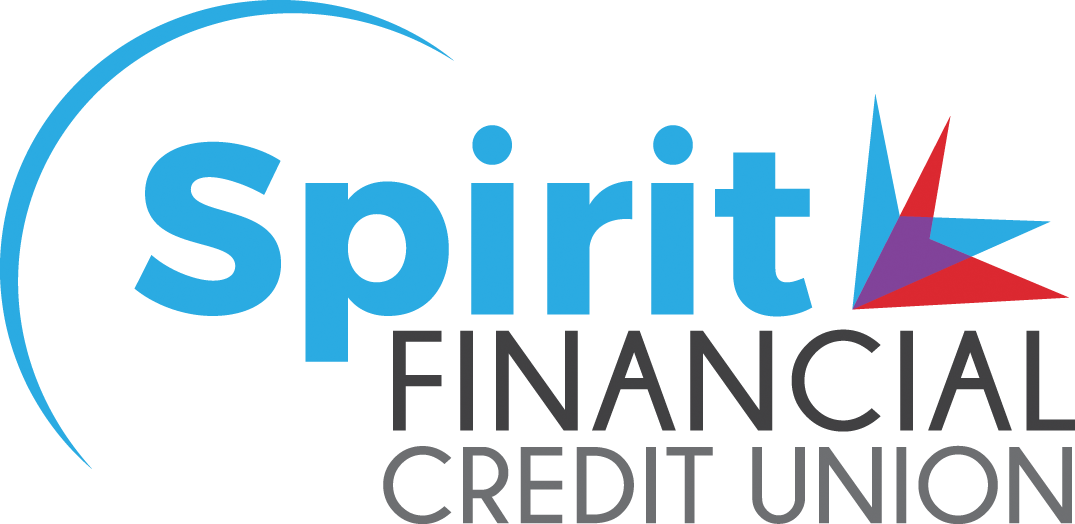Rising Rates Make Variable Debt More Expensive - Here's How To Play Defense
Recently, the Federal Reserve made its biggest rate increase in more than 20 years. This increase was made in an effort to fight inflation. This may be a disadvantage for those with variable-rate credit cards and loans. The federal funds rate is used to calculate the lowest interest rate offered for loans, which is known as the prime rate. Consequently, when the Fed raised rates, prime rates began to increase as well.
Borrowers may see rising rates on adjustable-rate credit
This rise in rate will affect many borrowers with adjustable-rate loans, such as personal lines of credit and HELOCs, as well as credit cards. Credit cardholders may see their interest rates increase within a couple of billing cycles. If you currently have a fixed-rate loan, your rate and payment won’t change. A fixed-rate loan is an interest rate that does not change over the term of the loan. Because your loan payment is based on your interest rate and term, your payment will remain the same as well. On the other hand, variable-interest rates can and do fluctuate.
How to protect yourself as interest rates rise
If you currently have an adjustable-rate loan, it’s time to consider refinancing to a fixed-rate loan. This includes high-rate credit card debt that may get more expensive with rising rates. The best time to refinance is now before fixed rates go any higher. A consolidation loan or low-rate balance transfer card could help save you money on interest charges and possibly even lower your monthly payment. Calculate and decide if transferring your balance to a fixed-rate debt consolidation loan or a low-rate balance transfer card makes more financial sense for you.
Consolidate with a balance transfer credit card
Transferring the balances of high-rate credit cards to a low-rate balance transfer card, such as Spirit Financial’s VISA featuring a 1.90% APR* intro rate can help you save. Especially if the balance transfer card features no annual fees and no balance transfer fees, like Spirit’s card. Another option for locking into a lower rate might be a fixed-rate personal loan.
If you do take advantage of Spirit Financial’s low-rate balance transfer credit card, try to pay off your balance before the special low intro rate period ends. If you plan on using a fixed-rate personal loan to consolidate high-rate credit card debt, apply now before rates increase.
Refinance with a fixed-rate home equity loan
As we mentioned above, while your existing fixed-rate loans won’t change, your adjustable-rate loans will as rates continue to rise. While your variable rate loan may have started out with a lower interest rate than a comparable fixed-rate loan, they often increase as the prime rate increases.
Now is the time to protect yourself from future rate hikes by locking in a fixed rate that will remain the same over the entire term of the loan. If you wait to consolidate or refinance, those rates may increase as well. It’s better to be proactive in consolidating. Shop lenders to find the best deal. In addition to a low fixed interest rate, look for no closing costs and flexible terms, such as the fixed-rate home equity loan offered by Spirit Financial. This is a great way to re-finance adjustable-rate debt before interest rates rise or get the money you need for a future home improvement project at a lower rate than you might find later in the year.
Reduce your repayment term
Finally, reducing your repayment term is another way to save on interest over the life of a loan. Your monthly payment will probably increase, but you will save on the total interest paid. After all, the longer you take to pay, the more interest you’ll pay.
Refinance variable-rate loans for a low fixed rate now before rates rise
To recap, since the prime rate offered to borrowers by lenders typically follows the federal funds rate, you can expect interest rates on credit cards, loans, and other credit products to rise if the Federal Reserve continues to raise rates. If you have an adjustable-rate loan or high-rate credit card debt, consider refinancing now.
If you’re currently leasing a vehicle, read our blog “Does a Lease Buyout Make Sense for You?”
Or, if you’re looking for ways to ease the burden of rising prices, read our blog “How to Cut Costs Amid Rising Inflation.”
* 1.90% Introductory Balance Transfer APR for 12 months from Account opening. After that your APR will be 10.90% or 12.50% depending on the card program. Any existing balances of Spirit Financial Credit Union loan or credit card accounts are not eligible for the Introductory APR for balance transfers.



